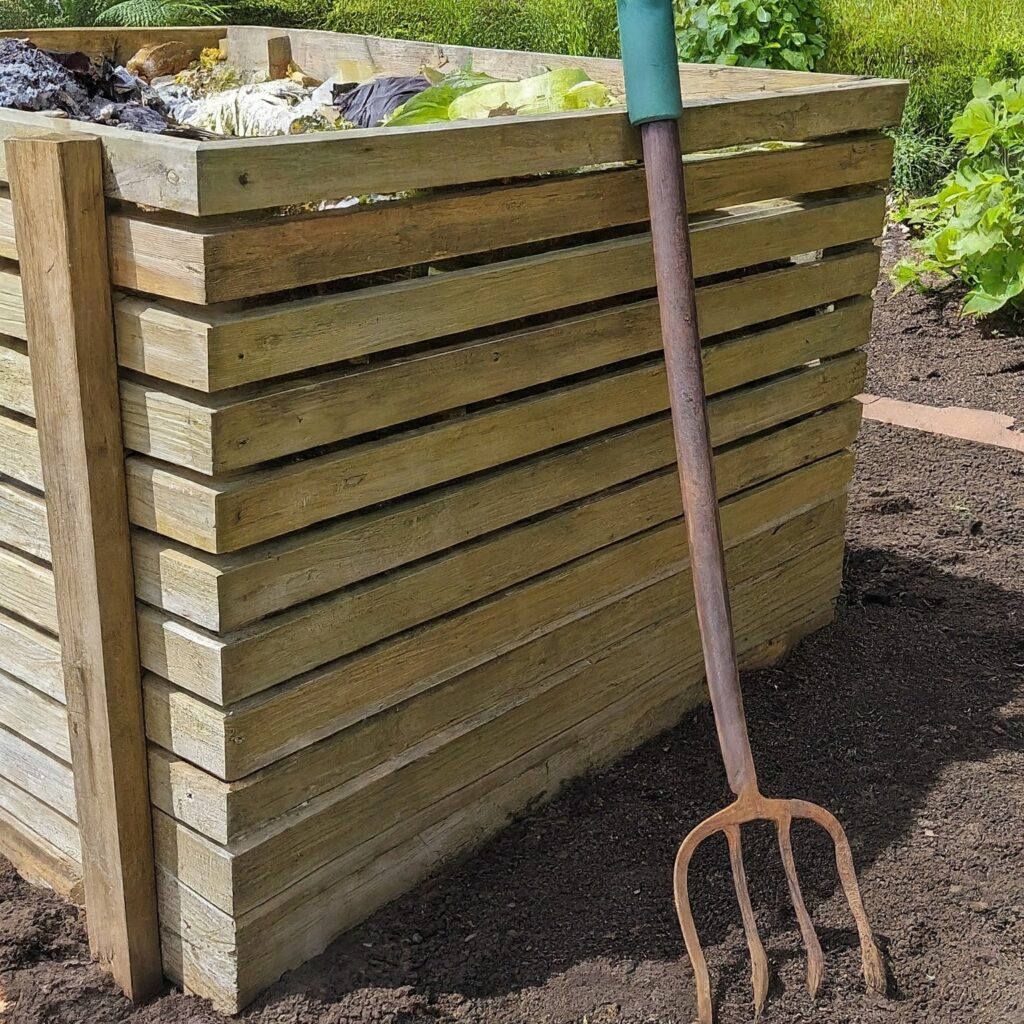Download: What to Do When Your Compost Bin is Full: Your Guide to Continuous Composting
Composting is a fantastic way to recycle your food scraps and yard waste into nutrient-rich fertilizer for your garden. But what happens when your compost bin reaches its limit? Don’t worry; there are simple solutions to keep the composting goodness flowing!
Understanding a Finished Compost Pile
The first step is to determine if your compost is actually finished. Here’s how to know:
- Appearance: Finished compost looks like dark, crumbly soil.
- Smell: It should have a pleasant, earthy odor.
- No Recognizable Materials: Food scraps, leaves, weeds, and other original ingredients should be fully broken down.

Solutions for a Full Compost Bin
Option 1: Harvest Your Compost
If your compost is finished, congratulations! It’s time to harvest:
- Remove the bin, leaving a neat pile of compost.
- Carefully scoop out the finished compost from the bottom.
- Replace the unfinished material back into the bin.
- Put the bin back in place.
- Use your finished compost to nourish your garden!
Related: Are grass clippings brown or green for compost?
Option 2: Start a Second Bin
A multi-bin system is your answer to continuous composting:
- While the first bin finishes maturing, start filling a second bin.
- Rotate between bins as they fill and finish.
Option 3: Expand Your Capacity
If you have the space, consider:
- Building another DIY compost bin.
- Purchasing a larger pre-made compost bin or a tumbler composter.
Option 4: Try a Vermicomposting Bin
Worms are super-efficient composters. Vermicomposting (worm composting) is ideal for smaller spaces and food scraps.
Important Note: Stop Adding New Material
When your bin is full, it’s time to temporarily stop adding new ingredients and layers. This allows the current materials to fully decompose.
Tips for Faster Composting
- Smaller Pieces: Chop up ingredients to speed up decomposition.
- Right Ratio: Aim for a balance of “brown” (carbon-rich) and “green” (nitrogen-rich) materials.
- Turn Regularly: Aeration fuels the composting process. Use a fork or a compost aerator to give it a quick turn. Tumblers make this process a lot easier!
- Moisture: Your compost should feel like a wrung-out sponge. If it’s too wet, add more dry materials like cardboard.
Let the Composting Journey Continue!
With these solutions, your full compost bin signals success—and the start of even more fertile soil for your garden to flourish. Plus, I love being able to not waste all those kitchen scraps!
Read Also: How To Make Compost Bin From A Plastic Dustbin

